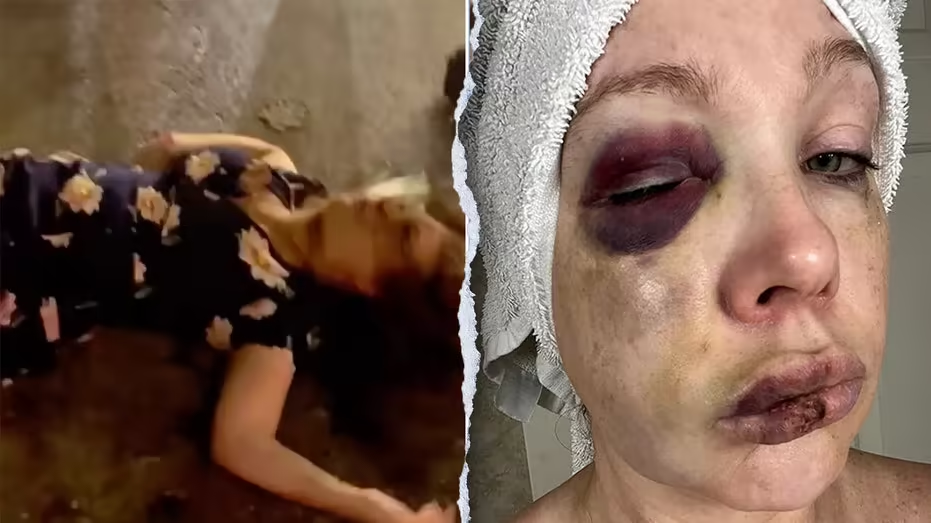Civil Rights Activist Critiques Media Bias
Robert L. Woodson Sr., a respected civil rights activist and author, has voiced concerns over the mainstream media’s portrayal of racial violence in America. In an opinion piece for the Wall Street Journal, Woodson argues that media outlets often depict Black Americans as perpetual victims, which he believes distorts public perception and hinders racial progress. He calls for a shift in how race is considered in societal judgments to prevent what he terms “national ruin.”
Cincinnati Incident Highlights Media Discrepancy
Woodson references a violent incident in downtown Cincinnati where two White individuals were attacked by a group of Black suspects. Despite the event’s severity and its viral spread on social media, major television networks failed to cover it. Woodson suggests this omission reflects a broader media trend of only highlighting racial violence when it fits a specific narrative—particularly when the perpetrator is White and the victim is Black.
Media’s Selective Coverage Under Scrutiny
The Media Research Center’s NewsBusters conducted an analysis of major networks like ABC, CBS, and NBC, revealing no coverage of the Cincinnati brawl in the days following the incident. Woodson contends that such selective reporting contributes to a skewed understanding of racial violence in America.
Broader Implications of Media Narratives
Woodson also points to other instances where media coverage has been inconsistent, such as the shooting of Ariana Delane, George Floyd’s niece, which received minimal attention compared to Floyd’s death. He argues that this selective focus perpetuates harmful stereotypes and ignores the complexities of racial dynamics.
Call for Change in Media Practices
Woodson urges journalists to abandon narratives that assign perpetual victimhood or guilt based on race. He emphasizes that acknowledging all forms of violence, regardless of racial dynamics, is crucial for fostering genuine understanding and healing within communities.
